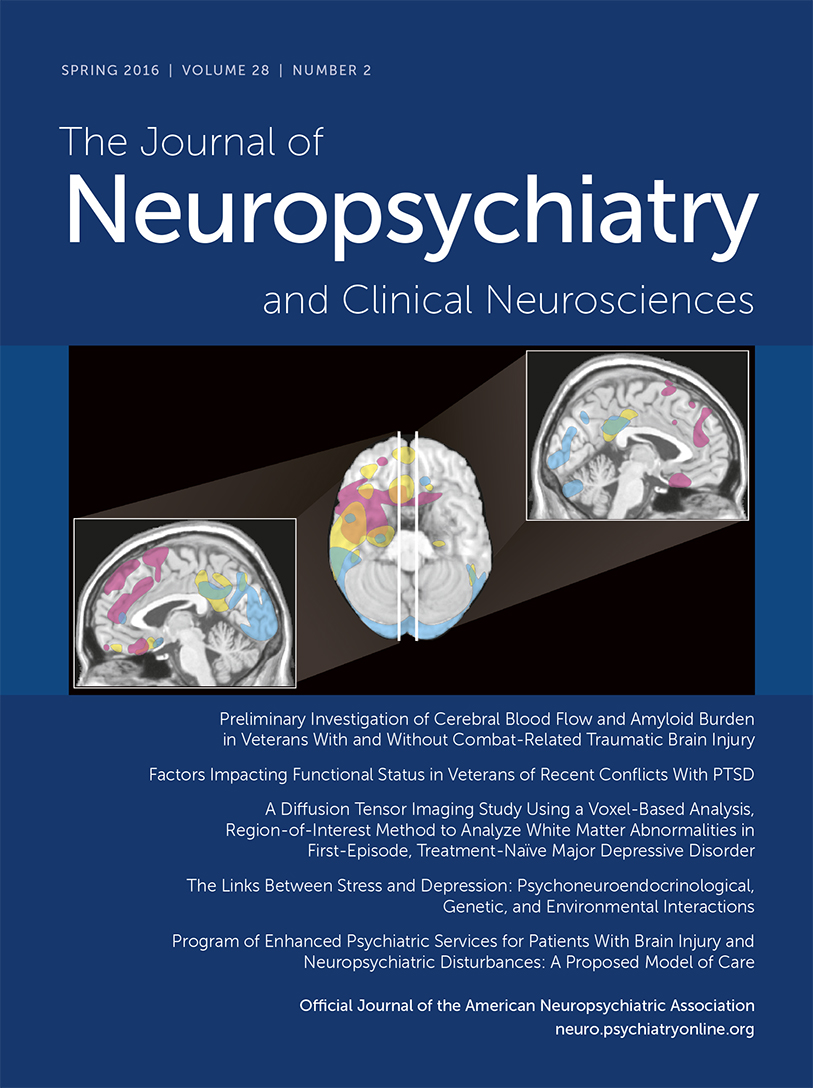Anxiety and Depressive Symptoms Are Associated With Worse Performance on Objective Cognitive Tests in MS
Abstract
Cognitive impairment, anxiety, and depressive symptoms are common in multiple sclerosis (MS) and are known to interact in non-MS populations. This retrospective chart review examined this relationship in a relapsing-remitting MS population. A significant difference on measures of processing speed/working memory and visual-spatial memory was found in MS patients with anxiety compared with nonanxious MS patients, while a significant difference was found on measures of processing speed, visual-spatial memory and executive function in MS patients with depressive symptoms compared with those without. Further research is needed to determine the causal relationship between anxiety and depressive symptoms and cognitive impairment.



